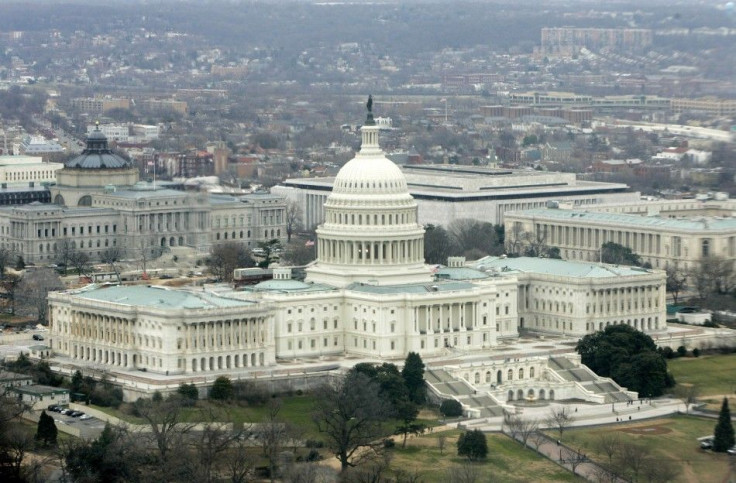Which States Could Suffer From America?s Downgrade?

Having Uncle Sam as a close relative could be fraught with risks for certain states and towns now that the nation's debt has been downgraded.
In the municipal market, the downgrade will likely affect credits directly supported by federal aid and credits that rely on federal support streams for part of total revenues, says John Hallacy, municipal research strategist at Merrill Lynch.
"Municipals in the U.S.A. have never had to consider a sovereign ceiling before. Most rating agencies have not suggested that state and local ratings will be lowered in lock-step. However, Moody's identified five states including Maryland, Virginia, Tennessee, New Mexico, and South Carolina that they would downgrade along with a sovereign downgrade."
S&P has not been as explicit, says Hallacy. But prospective downgrades of states with a higher degree of reliance on federal support will be determined by the level of federal sponsored employment, overall balance sheet strength, debt level, and liquidity strength. According to Merrill Lynch, states in the South and West could be more affected due to concentrations of military and defense operations. In the near term, Medicaid, Education, and Unemployment benefits have not been adjusted, he says.
According to Merrill Lynch:
- Pre-refunded bonds are supported by escrows that are most often funded with Treasury State and Local Government Series. Look for these bonds to be adjusted in the near term.
- Bonds that have some kind of federal backstop will also be directly affected.
- Housing bonds that are backed by Fannie Mae, Freddie Mac, or Ginnie Mae will all be adjusted.
- Public Housing Authority bonds will be treated similarly.
- In some structures, the federal payment is the only security pledge. GARVEE bonds that are supported directly by federal grants will be adjusted.
© Copyright IBTimes 2024. All rights reserved.











